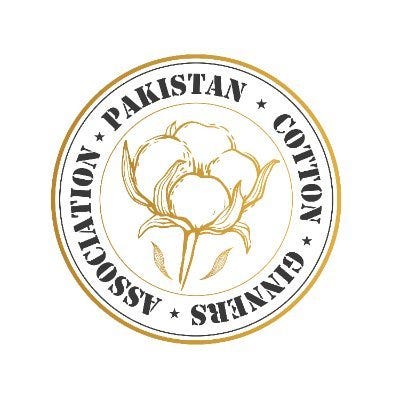Pakistan's cotton crisis deepens as yields drop
Pakistan's cotton production has gone down by nearly half this season, a devastating blow to the economy. As per the Pakistan Cotton Ginners Association (PCGA) report, as of July 15, supply of raw cotton, known as phutti, to ginning factories declined by 48.48 per cent to 442,000 bales as against 858,007 bales processed during the same time last year.
This decline is primarily attributed to climate change, but deeper issues are at play. Lack of mechanization and poor seed quality have significantly reduced cotton yields. Manual picking contaminates the crop, impacting export quality and forcing textile mills to import higher-grade cotton.
Meanwhile, the once-effective Bt cotton seeds have lost their pest resistance due to poor research, leading to lower output. To reverse this trend, Pakistan needs to address these challenges. Increased mechanization, improved seed quality, and government policies favoring cotton over water-intensive sugarcane are essential. Revitalizing research and development, coupled with farmer education, is crucial to restore the cotton sector's vitality and secure Pakistan's economic future.

